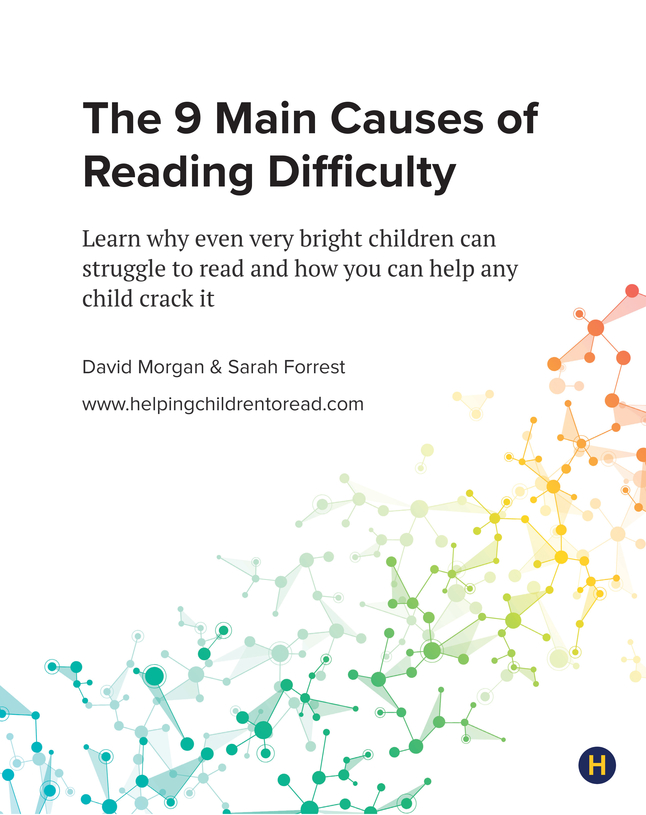Causes of Reading Difficulty
Auditory Processing WeaknessWhen brain processes auditory input poorly, you see difficulty blending sounds into words, even with short easy words.
How auditory processing affects reading
Auditory Processing Weakness (APW) or Auditory Processing Deficit (APD) is a common cause of reading difficulty. It is thought to affect around 5% if children, and it significantly affects a child’s ability to learn how to read. Decoding and blending work is much more difficulty if you have a function impairment in hearing the sounds themselves.
A key thing to remember is that APW is not an issue in actually hearing the sounds, but in processing them in the brain. So a basic hearing test won’t reveal a problem most of the time. Speech difficulties can go hand in hand with this. And you will find that the presence of background noise makes hearing words even more challenging for the child.
It can be an innate issue, or be triggered by some glue ear requiring tubes in toddlerhood, when auditory processing is developing. For more on this, you can take a look at our book on the main causes of reading difficulty.
Fixing auditory processing weakness
Traditional phonics struggles to make a difference for these learners, and can be incredibly frustrating for parent and child. We have found that trainertext is a good solution because it provides a visual cue, which helps compensate for the auditory weakness. Some parents have told us it is the only thing they have found to work, after years of searching. We don’t know of another reading solution that is especially helpful for APW sufferers, though there are auditory integration type treatments that focus only on the hearing piece.
Interested in learning more? We literally wrote the book on it! Our Amazon bestseller on The 9 Main Causes of Reading Difficulty pulls back the neurological curtain on why YOUR child is struggling, and how to fix it.

